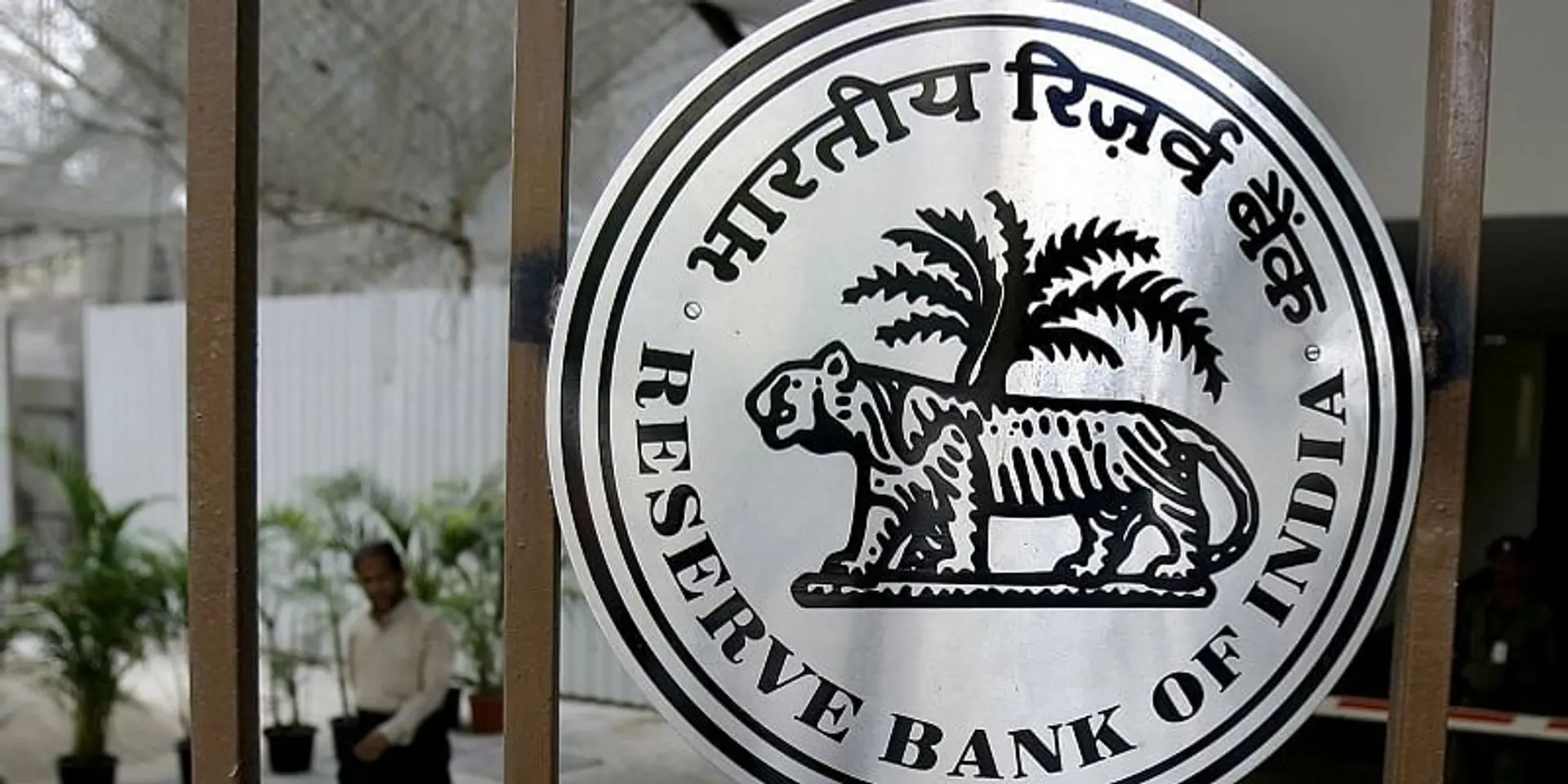Policymakers should show willingness to make cross-border payments cheaper: RBI deputy governor
Countries have a robust domestic payments system, which makes it technologically possible to make cross-border payments seamless and cheap, said the RBI Deputy Governor, T Rabi Sankar.
The Reserve Bank of India (RBI) Deputy Governor T Rabi Sankar said the current correspondent banking system cannot make cross-border payments cheaper despite the advancement in technology, and policymakers will have to show "willingness" to make it happen.
Regretting that commissions of over 6% are charged in retail cross-border payments, Sankar said the current banking correspondent-based system cannot yield success on this front.
Countries have a robust domestic payments system, such as the unified payments interface (UPI) in the Indian context, which makes it technologically possible to make cross-border payments seamless and cheap, Sankar said, speaking at the Global Fintech Fest in Mumbai.
"I think it is a question of willingness. It's not a question of lack of knowledge or lack of technology. And it's a question of commitment of policymakers across the globe, that we need to find a solution, and you should be open enough to look for the solutions outside the existing correspondent banking system," he said.
Sankar also said that the best way for the fintech industry to function will be the establishment of a robust self-regulatory organisation.
He said fintech firms should focus on coming out with products and services that are beneficial to society, address a felt need, and do their business responsibly.
Sankar said innovation holds immense promise and pitched for a balanced evolution where innovation is responsible and inclusive.
Edited by Swetha Kannan








